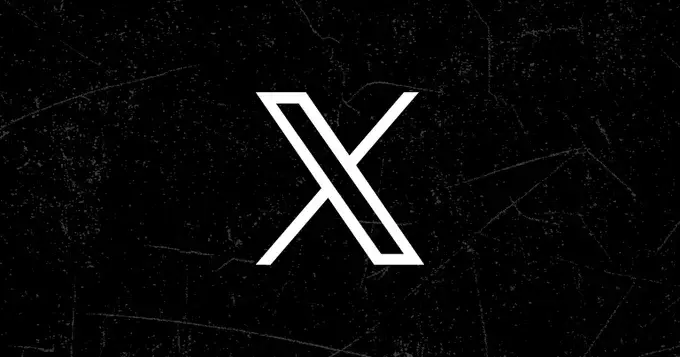In recent months, the Turkish government has embarked on a concerted effort to suppress dissent against President Recep Tayyip Erdoğan’s administration. This campaign has intensified with the arrest of Istanbul’s Mayor, Ekrem İmamoğlu, a prominent figure in the opposition. Given that the political climate in Turkey is increasingly fraught, the government’s strategies have merged with the digital space, leading to a troubling trend that intersects technology and governance. Accounts linked to university activists have reportedly been suspended on Elon Musk’s platform, X, demonstrating how digital communication tools can quickly become weapons in the hands of authoritarian regimes.
The implications of X’s recent actions are far-reaching. According to reports, these suspensions primarily targeted “university-associated activist accounts,” which were crucial for disseminating information about protests and mobilizing action among students. By silencing voices that advocate for change, the Turkish government is effectively undermining the foundations of civic participation and democratic expressiveness. In straightforward terms, the platform has become complicit in the erosion of free speech and political expression.
Musk’s Dual Stance on Free Speech
Elon Musk’s purported commitment to free speech has faced scrutiny, especially in light of X’s compliance with Turkish requests for account suspensions. This wasn’t a first for Musk, who has previously justified restricting posts on X in Turkey to avoid being banned from operating in that vital market. Underneath this rationale, however, lies a contradiction; it raises serious questions about what “free speech” means when it can be contextually altered based on geopolitical considerations.
When examining Musk’s approach to governance and censorship, it becomes evident that the platform is navigating a moral minefield. For instance, during last October’s incidents involving Turkish news organizations, Musk claimed that X would seek legal recourse to defend user rights. Nevertheless, when faced with direct government intervention, that resolve seems to evaporate rapidly. This inconsistency is apparent when Musk’s actions abroad—like challenging local authorities in Brazil or India—are juxtaposed with his subdued response to Turkish demands. In those instances, he took bold steps, asserting the importance of free expression. By contrast, in Turkey, he has opted for strategic acquiescence.
The Business-Politics Nexus
The question remains: why this disparity in response to government requests for censorship? Speculation around the issue hints at Musk’s interests in the region—the burgeoning relationship with President Erdoğan, which includes plans for a Tesla factory and distribution deals for X’s AI and internet service ventures like Starlink. One cannot overlook the possibility that Musk would rather endure short-term losses in free discourse to safeguard his long-term business interests in Turkey.
Moreover, Musk’s strategic positioning in other markets, such as India—known for its stringent regulations on corporate behavior—reveals his complex calculus for navigating government relations. Despite apparent risks associated with backlash against the Indian government’s censorship, Musk continues to challenge local authorities there, suggesting a divergent approach based on the leveraged value of relationships in each region.
This reality underscores a troubling theme: political motivations and marketplace dynamics can alter the fidelity to core principles like free speech. Such variable handling of censorship requests signals a fundamental flaw in Musk’s vision for X as a bastion of free expression; rather, it turns the platform into a chess piece in a larger game of international diplomacy and business negotiations.
Moral Responsibility in Global Digital Platforms
As a leader of a significant social media platform, Musk wields substantial influence over how information is disseminated. This privilege comes with an ethical obligation to weigh the consequences of actions that can directly affect the political landscape of a nation. The asymmetrical engagement with censorship requests complicates the narrative of X as a promoter of democracy. Instead, it transforms the platform into a facilitator of authoritarian control wrapped in a veneer of operational pragmatism.
It’s essential for stakeholders—whether users, policymakers, or civil society activists—to question the integrity of a platform that selectively challenges government interference based on its vested interests. The future of digital democracy may hinge on active discussions about the moral responsibilities tech companies hold in safeguarding free speech, irrespective of the political climate or business opportunities in a given country. The fate of activism, particularly in repressive environments, could depend heavily on the choices made within the boardrooms of companies like X.

